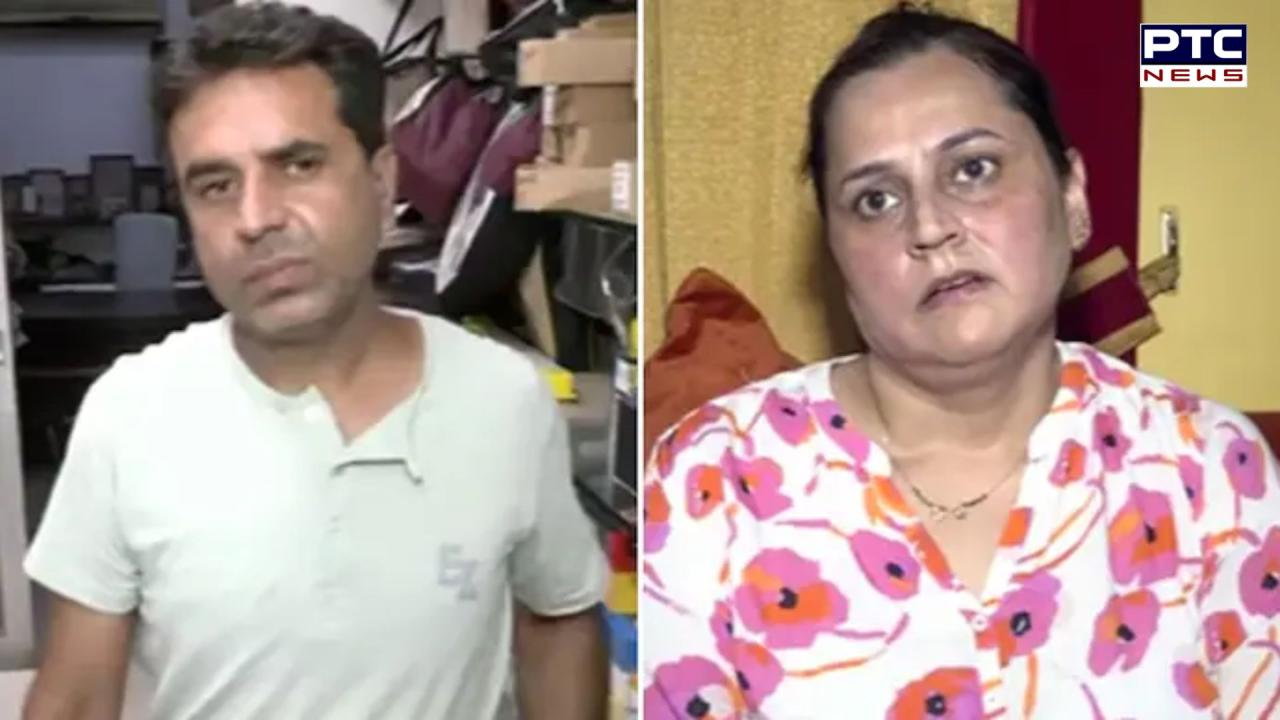IC 814 survivors acknowledge Netflix series accuracy, but say it omits crucial events
Speaking with media, Rakesh and Pooja Kataria described themselves as a young couple at the time of the incident. After their honeymoon in Nepal, they were on their way back home. The pair claimed that the codenames assigned to the series' hijackers on Netflix are accurate.

PTC News Desk: Amid the ongoing controversy surrounding Netflix's series 'IC 814: The Kandahar Hijack,' two survivors of the infamous 1999 hijacking have spoken out, shedding light on the accuracy and omissions in the portrayal of events. The series, which has sparked debate over its use of Hindu codenames for the Muslim terrorists involved, has been both defended and critiqued by those who lived through the ordeal.
Rakesh and Pooja Kataria, a couple who were returning from their honeymoon in Nepal when the hijacking occurred, have provided their perspectives on the show. Rakesh, who chose not to watch the series, stated, "I did not want to relive the ordeal again," but acknowledged that the series portrayed the truth. He confirmed that two of the hijackers were indeed codenamed "Bhola" and "Shankar," clarifying that these were aliases, not the real names of the hijackers. He emphasized that Netflix did not fabricate these names but rather depicted the reality.
Pooja Kataria echoed her husband's statements, affirming that the codenames "Bhola" and "Shankar" were used by the hijackers and that the series accurately portrayed these details. However, she pointed out that the series primarily focused on the political aspects of the hijacking, including the negotiations between the Indian government and the terrorists, and did not fully capture the internal events that took place during the seven-day ordeal.
Pooja recalled the chilling moments during the hijacking, noting that there were 26 couples returning from their honeymoons, including Rachna and Rupin Katyal, the latter of whom was killed by the hijackers. She described how the hijackers announced the takeover of the plane and forced passengers to keep their heads down, a scene accurately depicted in the series. She also mentioned that the term "hijack" was not widely understood at the time, and many passengers initially believed it would be a quick ransom situation.
One of the hijackers, known as "Doctor," gave speeches encouraging passengers to convert to Islam, stating that it was a superior religion to Hinduism. Pooja recounted how the hijackers threatened to start killing passengers on December 30, 1999, due to the lack of response from the Indian government.
Also Read: Natasa Stankovic drops son Agastya at Hardik Pandya's home, Krunal's wife shares adorable pic
During the interview, Pooja displayed memorabilia from the flight, including a shawl autographed by one of the hijackers, "Burger," along with tickets, boarding passes, and other items from the harrowing experience.
The Netflix series, created by Anubhav Sinha, has faced backlash for its depiction of the terrorists with Hindu codenames. The original hijackers, as identified by the External Affairs Ministry, were Ibrahim Athar, Shahid Akhtar Sayeed, Sunny Ahmed Qazi, Zahoor Mistry, and Shakir. The series, however, used the codenames "Chief," "Doctor," "Shankar," "Bhola," and "Burger" instead of their real names, sparking controversy.
In response to the outcry, the Ministry of Information and Broadcasting summoned Netflix India content chief Monika Shergill to address concerns about the series. Shergill appeared before Ministry officials earlier this week to discuss the contentious aspects of the show.
